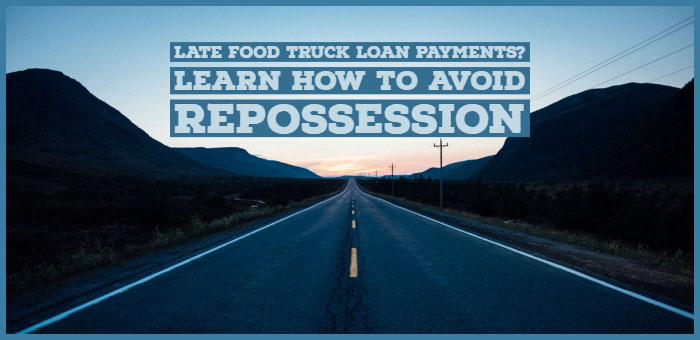Every new food truck owner has heard these warnings such as 8 out of 10 businesses fail in the first 18 months. Other startup myths start with, food truck vendors have to work 80 hours a week to keep the business on the road. Or you need to get outside capital to have a successful food truck. Actually, the process of developing a food truck is much more complicated than some of the statistics that are thrown around.
Believe it or not, we’ve found that actually, almost half of new food trucks survive beyond three years. Starting a food truck business is hard work. What I’ve always stressed is that it is harder than it looks, and it takes dedication.
The key is to ignore the scary number that people repeat. The next time you tell someone you’re developing a food truck business and they raise their eyebrows, feel free to ignore these five food truck startup myths they might recite to you.
5 Startup Myths To Ignore When Developing Your Food Truck
Your food truck concept has to be 100% unique
The truth about the food service industry is that there are very few entirely original ideas. What makes a food truck business exciting and challenging is how you must provide your menu or service in a way that differentiates you from the competition.
If you are one of ten taco trucks in your city, your food doesn’t have to be made from a new, unheard of ingredient to succeed. If you offer a similar menu with equivalent quality food but you have the fastest and friendliest customer service; that alone could be just the edge you need over your competitors.
RELATED: Keeping A Simple Food Truck Concept
Your food should speak for itself
One of the most dangerous startup myths about marketing your food truck is that posting on social media is an inexpensive replacement for actual marketing. Remember that social media should be the only way you market your food truck.
Vendors need to get a marketing budget in place so you can invest in building relationships with your customers.
You need investors to succeed
This is the one of our startup myths that you’ll see the most in popular media (think Shark Tank). A prospective food trucker is discovered by an investor and their food truck business booms. In truth, only a small number of food trucks have ever investors behind them.
Some food truck vendors were lucky enough to have family members or friends willing to help, but most food trucks startup with their own resources.
Your food truck empire must always grow
This startup myth makes it seem that if food truck owners ever stop growing in size, the business will fail. However, growth isn’t always the right goal for your food truck. Maybe your truck operates better with a set number of employees. The size of your food truck business must be sustainable with your goals, or you can risk losing control over everything.
Just remember that growth of size does not always equate to improvement.
Failing means you weren’t cut out for food truck ownership
The final of our startup myths that even if you fail, never give up. Failing in business will always hurt, but you should always learn from your mistakes. If your food truck business fails, step back, regroup and attack the problem from a different angle. Why? Failed vendors are far more likely to succeed their in their next attempt.
If anything, a failed food truck owner has more experience than a new vendor does, and knowing which mistakes to avoid will help you get further each and every time.
RELATED: How To Start A Food Truck Business
The Bottom Line
There are many startup myths that circulate around the food truck industry. Before you jump in, make sure that you are aware of these annoying startup myths, which must be ignored.
Do you have any additional startup myths we should have included? Share your thoughts on this topic in the comment section, our food truck forum or social media. Facebook | Twitter.




